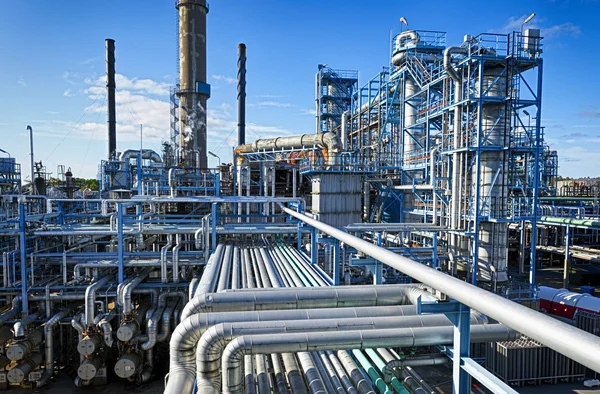Africa’s consumption of natural gas continued its upward trajectory in 2024, reaching 183 billion cubic metres (bcm), according to the Gas Exporting Countries Forum (GECF). This represents a three per cent year-on-year increase, driven largely by expanding industrial activity and rising energy needs across the continent.The figures were disclosed in the GECF’s 2025 Annual Gas Market Report (AGMR), which was released to journalists on Tuesday.
The report offers a detailed overview of global gas trends observed in 2024, alongside short-term projections for the natural gas industry.According to the GECF, Africa’s natural gas consumption is forecast to grow by a further four per cent in 2025. This anticipated rise is attributed to ongoing industrialisation, increasing demand in the power sector, and the development of Liquefied Natural Gas (LNG) infrastructure in several key markets.

Algeria and Egypt, which together account for more than 60 per cent of regional gas use, were identified as the primary contributors to last year’s growth. In both countries, rising demand from the industrial and electricity sectors spurred increased consumption.Nigeria also played a substantial role, particularly through the expansion of gas-to-power initiatives aimed at bolstering electricity generation and access.
The report pointed out that the power sector continues to dominate gas use across Africa, as many governments remain focused on improving the availability and reliability of electricity.“Looking ahead to 2025, gas consumption in Africa is projected to expand by four per cent,” the report noted. “This will be supported by sustained industrial activity, growing electricity demand, and the rollout of new LNG regasification terminals, especially in countries such as South Africa.
”It added that natural gas is set to maintain a central position in Africa’s energy mix, especially as the region pursues greater energy security and seeks to move away from coal and oil dependence.Several recent initiatives are expected to support the continent’s gas demand. These include new investments in LNG import infrastructure and pipeline development in countries like South Africa and Ghana, aimed at meeting the needs of both industrial users and power generation facilities.
At the same time, as renewable energy sources expand across the continent, gas is being positioned as a critical backup to maintain grid stability during periods when solar, wind or hydroelectric output is low.However, the GECF also pointed to persistent challenges that continue to hinder the pace of gas development, particularly in sub-Saharan Africa. These include a lack of sufficient infrastructure, the tension between prioritising domestic consumption and meeting export commitments, limited access to energy in remote areas, and difficulties in securing finance for large-scale gas projects.
Addressing these issues, the report suggested, will require more cohesive policymaking, greater investment, and substantial improvements in infrastructure planning and execution.The Gas Exporting Countries Forum was established in May 2001 and became a fully operational intergovernmental organisation in 2008. Its headquarters are located in Doha, Qatar.
As of April 2025, the GECF comprises 20 member countries, including 12 full members and eight observers, representing four continents.Full members include Algeria, Bolivia, Egypt, Equatorial Guinea, Iran, Libya, Nigeria, Qatar, Russia, Trinidad and Tobago, the United Arab Emirates and Venezuela. Observer members are Angola, Azerbaijan, Iraq, Malaysia, Mauritania, Mozambique, Peru and Senegal.
According to its founding charter, the GECF is committed to upholding the sovereign rights of member countries over their natural gas resources and to supporting their ability to manage and utilise these resources for the benefit of their populations.The post Africa’s gas consumption hits 183bn cubic meters – Report appeared first on Nigerian NewsDirect..
Technology

Africa’s gas consumption hits 183bn cubic meters – Report

Africa’s consumption of natural gas continued its upward trajectory in 2024, reaching 183 billion cubic metres (bcm), according to the Gas Exporting Countries Forum (GECF). This represents a three per cent year-on-year increase, driven largely by expanding industrial activity and rising energy needs across the continent. The figures were disclosed in the GECF’s 2025 Annual [...]The post Africa’s gas consumption hits 183bn cubic meters – Report appeared first on Nigerian NewsDirect.














